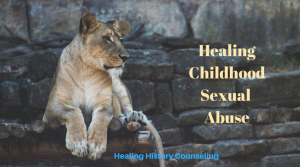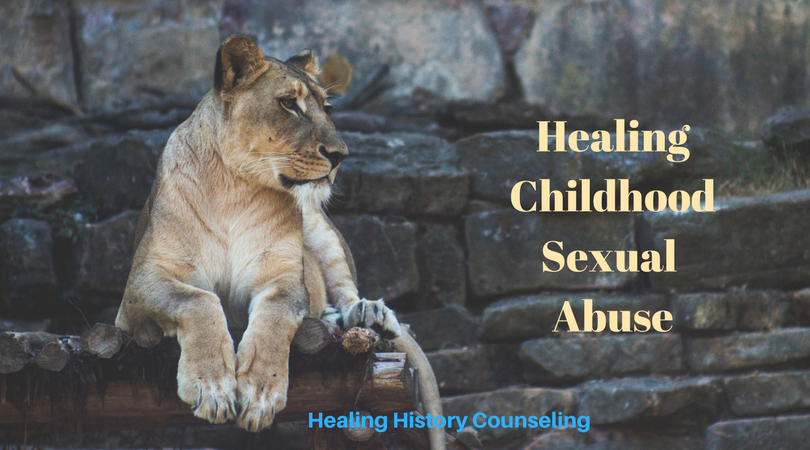

Women Also Sexually Abuse
When we think of someone who would sexually assault a child we, think of a man. And often we would be right but not always. Women are believed to perpetrate 5-15% of childhood sexual abuse. That’s 3100-9300 children each year*. Unfortunately, these victims find that there is less belief in the validity of their complains - “women don’t/can’t do that.” There is a minimization of the harm caused by the assaults - “women are nurturing people, she couldn’t have done much harm.” And there can even be outright invalidation, particularly for student/teacher abuse, - “I wish I was so lucky when I was that age.” So, let’s take a minute and talk about how male and female offenders differ from each other.
4 Ways Female Abusers are Different from Male Abusers
- Female abusers assault boys twice as often as girls but are also more likely to assault both boys and girls (male offenders are more likely to abuse girls and they rarely assault more than 1 gender).
- They are more likely to be the parent of their victim (male perpetrators are more likely to be a slightly more distant relation, such as uncle).
- They are more likely to have their own abuse histories than men (about ½ compared to ⅓).
- They are also much less likely to offend alone (only about ¼ are solo offenders). The rest co-offend; this can be: coerced by another present offender, willing participant with another offender, or part of a group of 3 or more.
But in truth the biggest difference is how we, as a society respond to reports of abuse by women. As a society we have some rather sweeping beliefs about and expectations of women. Believing that women are nurturing, gentle, and non-aggressive as rule makes it more difficult for us to consider a woman capable of something as horrible as sexually abusing a child. Even if we do believe that it happened, we are more likely to excuse the behavior or minimize the harm done. This is particularly true when the victim is an adolescent or teen boy and the woman is their teacher or friends parent (heck there are many stories where that is glorified as the ultimate in adolescent success). These social expectations can leave the victims feeling invalidated and unheard.
These societal expectations can also directly impact the victim’s likelihood of reporting the abuse. They have also learned these social expectations about women and this can cause them to judge themselves harshly. A teen boy may feel hurt and violated by abuse from an adult female but also know this is supposed to be a great accomplishment for him. All his friends may be congratulating and encouraging him, while he’s feeling hurt and abused. When the victim is also female there can be the added burden of how our society views homosexuality. These social beliefs can end up deterring victims from reporting their abuse.
What to do if someone tells you they were sexually abused by a woman
- Suspend disbelief: If you feel yourself starting to question, doubt or minimize what happened you need to put that aside. How an outcry is first received can have a huge impact on that persons healing process.
- Listen with empathy: Connect with your own experiences of pain, fear, & upset (even if those experiences are very different) so that you can relate to the emotions they are experiencing. Tell them the feelings you hear them expressing, that way they’ll know you heard and understand.
- Validate their experience: They may minimize or invalidate their own experience of the event. They too are struggling with what society tells them about women compared to what they experienced.
- Encourage self-care and healing: Just about everyone wants to avoid thinking about or reliving their experience of abuse. Unfortunately, this way of dealing isn’t very effective. Those memories often won’t go away, and they frequently can’t stop thinking about what happened. Getting professional help in order to heal can make a huge difference, so can having caring and supportive friends.
Children and adult children who are sexually abused by a female perpetrator do not experience less trauma just because the abuser was a woman. The struggle with the same upset, pain, and life altering repercussions that victims of male perpetrators struggle with. Unfortunately, they are additionally burdened by how our society responds to allegations of sexual abuse by a woman.
Fortunately, they too can heal and recover from their abuse, just like victims of male abusers can.
Your wisdom enriches my life.